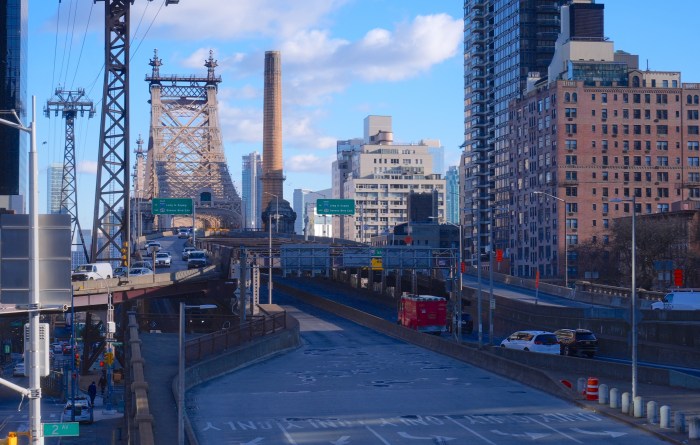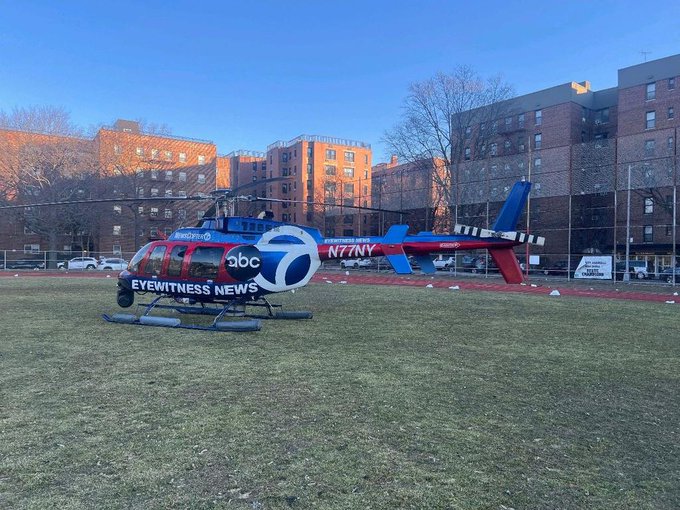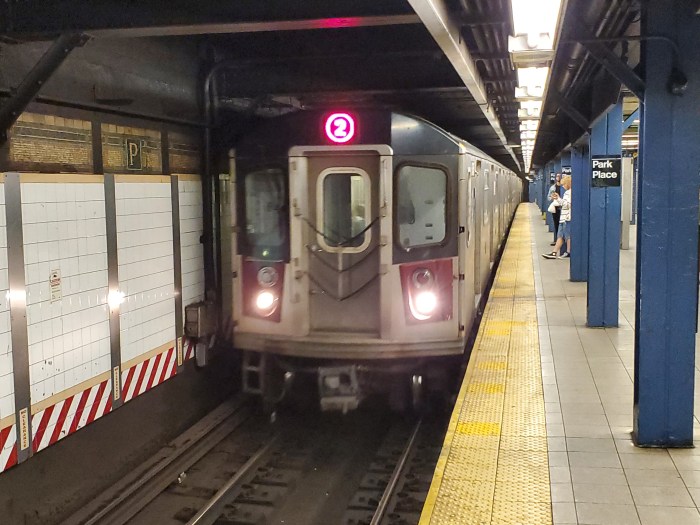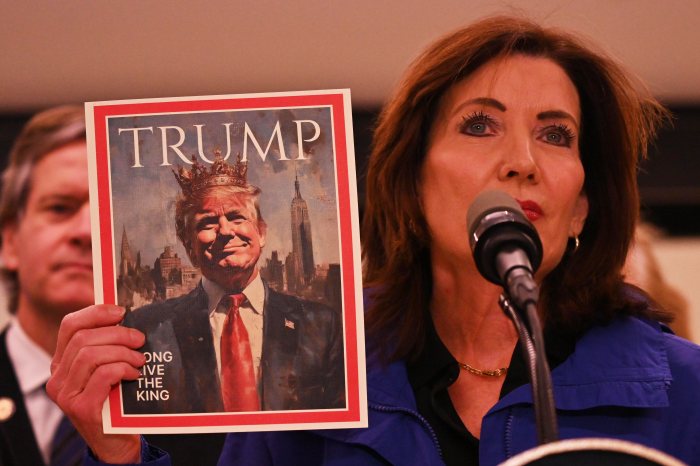The city would be forced to pay for half of the MTA’s Subway Action Plan under legislation introduced in Albany on Monday.
The bill, sponsored by state Sen. Jeff Klein, would direct a small portion of the city’s sales tax revenue to pay for half of the transportation authority’s $836 million, short-term plan to improve subway service.
While Gov. Andrew Cuomo has pledged to fund half the cost, Mayor Bill de Blasio has for months refused to put new money toward the plan — which he was not consulted on crafting — arguing that city taxpayers already make significant contributions toward the authority’s operating budget.
“New York City straphangers have suffered enough delays and we cannot delay funding this project anymore,” said Klein, a Democrat who leads the breakaway group of lawmakers known as the Independent Democratic Conference, in a statement.
“This shared financing immediately infuses the MTA with desperately needed cash to fix broken signals and tracks. . .If New York City riders think the ‘summer of hell’ was bad, we’re going to have every season of hell if we don’t take imminent action.”
Klein’s legislation came with the release of a report from his office blaming “outdated signals, poorly maintained tracks, and technology that is too old to keep up” for the MTA’s soaring number of delays in recent years.
His report includes a poll conducted by the IDC, surveying more than 200 “everyday subway and express bus riders,” that found 75 percent of those asked believe the city should fund half the plan and that 69 percent didn’t oppose his legislation.
This is the second attempt from Albany to get the city to pony up funds for the action plan, which was first unveiled by MTA chairman Joe Lhota this summer. Cuomo’s proposed budget for the next fiscal year includes legislation that would require the city to give the identical sum of money that the state contributes toward any “disaster emergency” that relates to failures of the authority’s New York City Transit facilities.
Klein’s legislation calls for a more specific, one-time charge that would come in the form of monthly payments of $35.6 million from local sales tax revenue over the course of 12 months in order to meet $428 million, or just over half of the plan.
That monthly charge would come from the $7 billion that the city collects annually through sales tax on items like prepared food, clothing over $110, parking and electronics, according to Klein’s office.
Not specifically referring to Klein’s bill, de Blasio on Monday again refused to put any more funding toward the plan as he testified in front of state lawmakers during a hearing on the governor’s budget. He repeated charges that the state has raided more than $400 million from the MTA’s budget in recent years and his belief that the state should restore that funding to pay for the rest of the plan.
“Our current contribution to the MTA is one big reason why. New York City residents, workers, businesses, and government contribute nearly 70 percent of the MTA’s total revenues — more than $10 billion annually,” de Blasio said. “City government alone makes an enormous investment in the MTA already. This is comprised of $900 million annually in direct funding and a further $900 million in in-kind contributions including services by the NYPD Homeless Outreach efforts and debt service.”




































